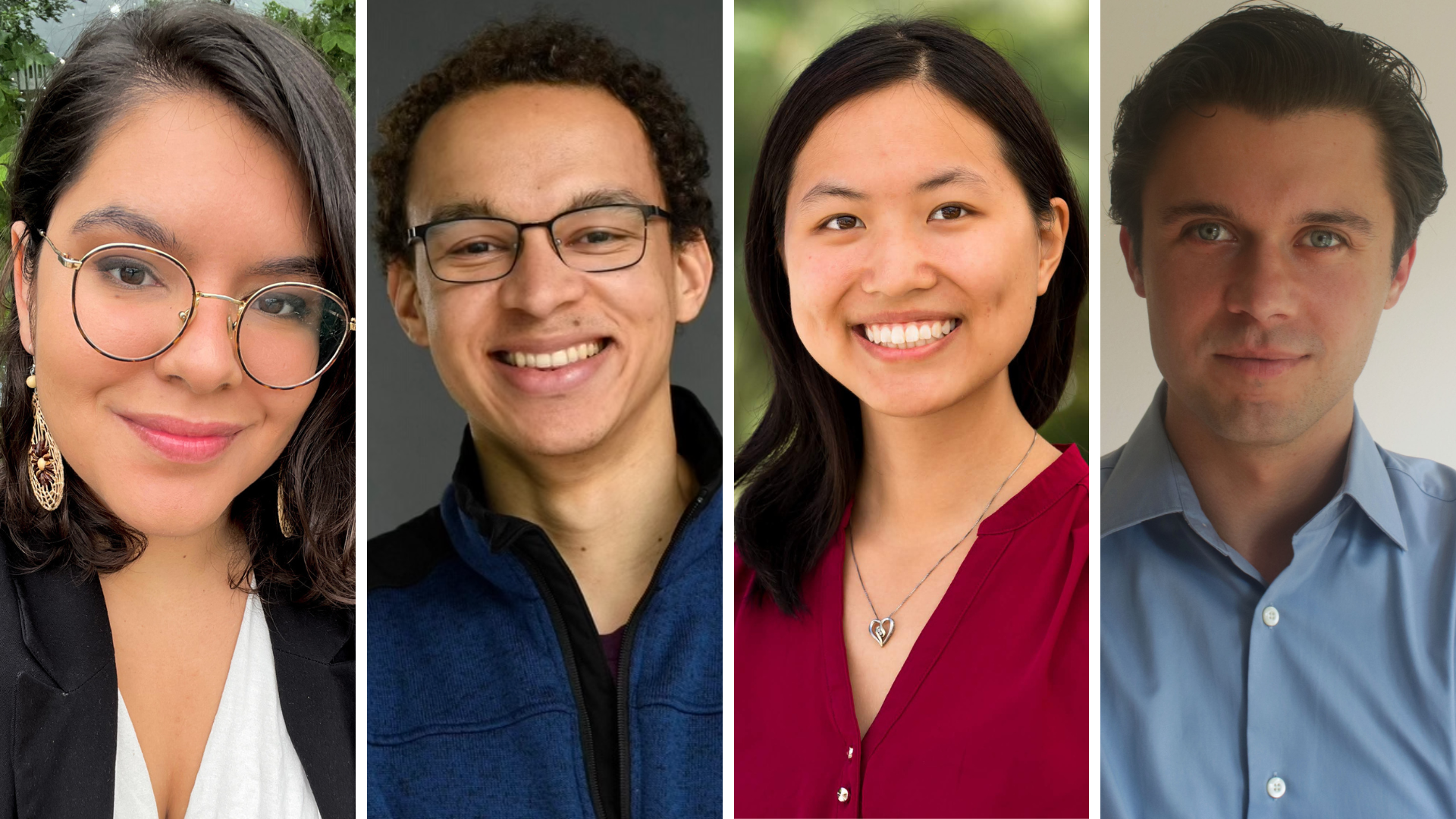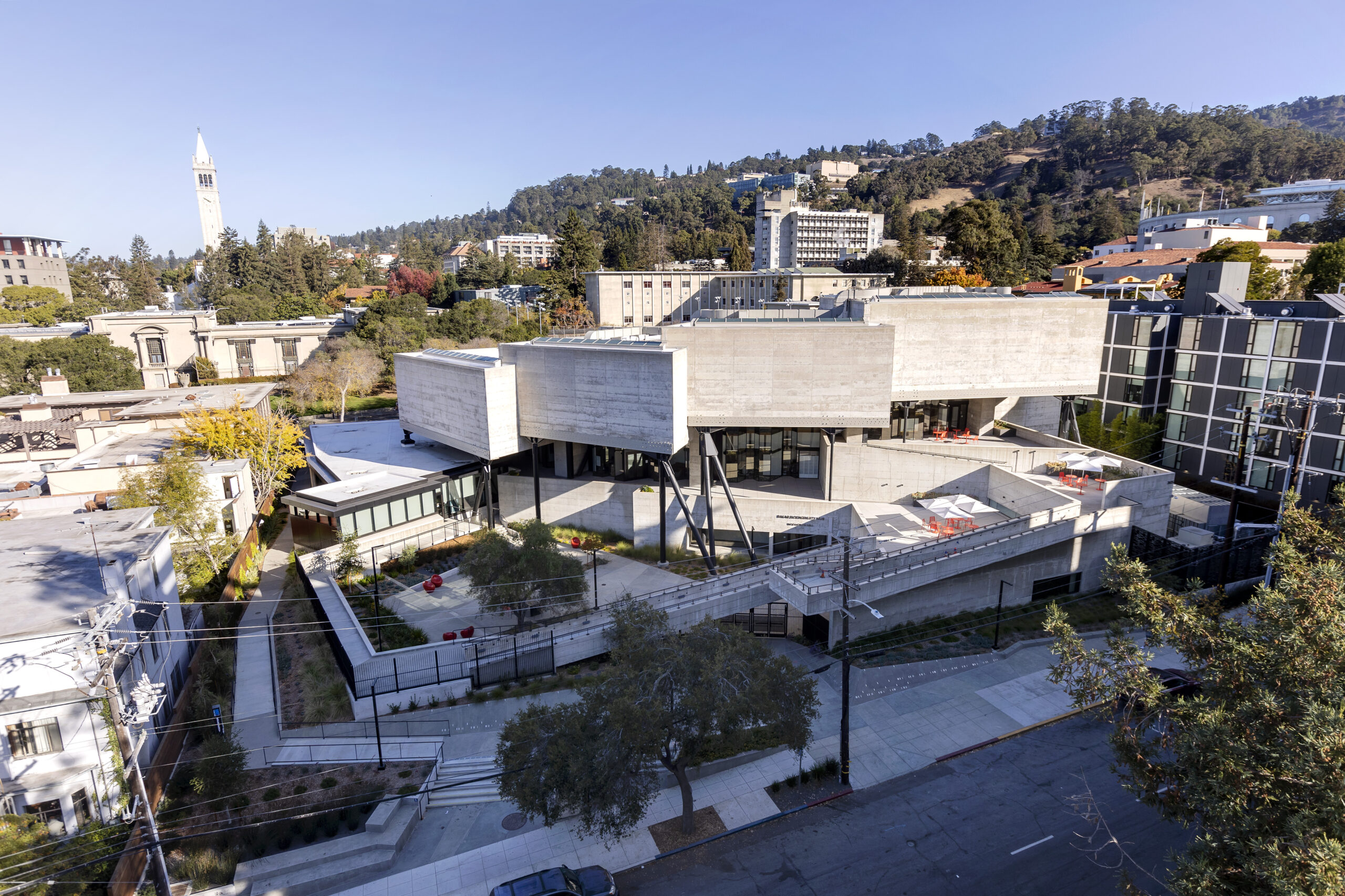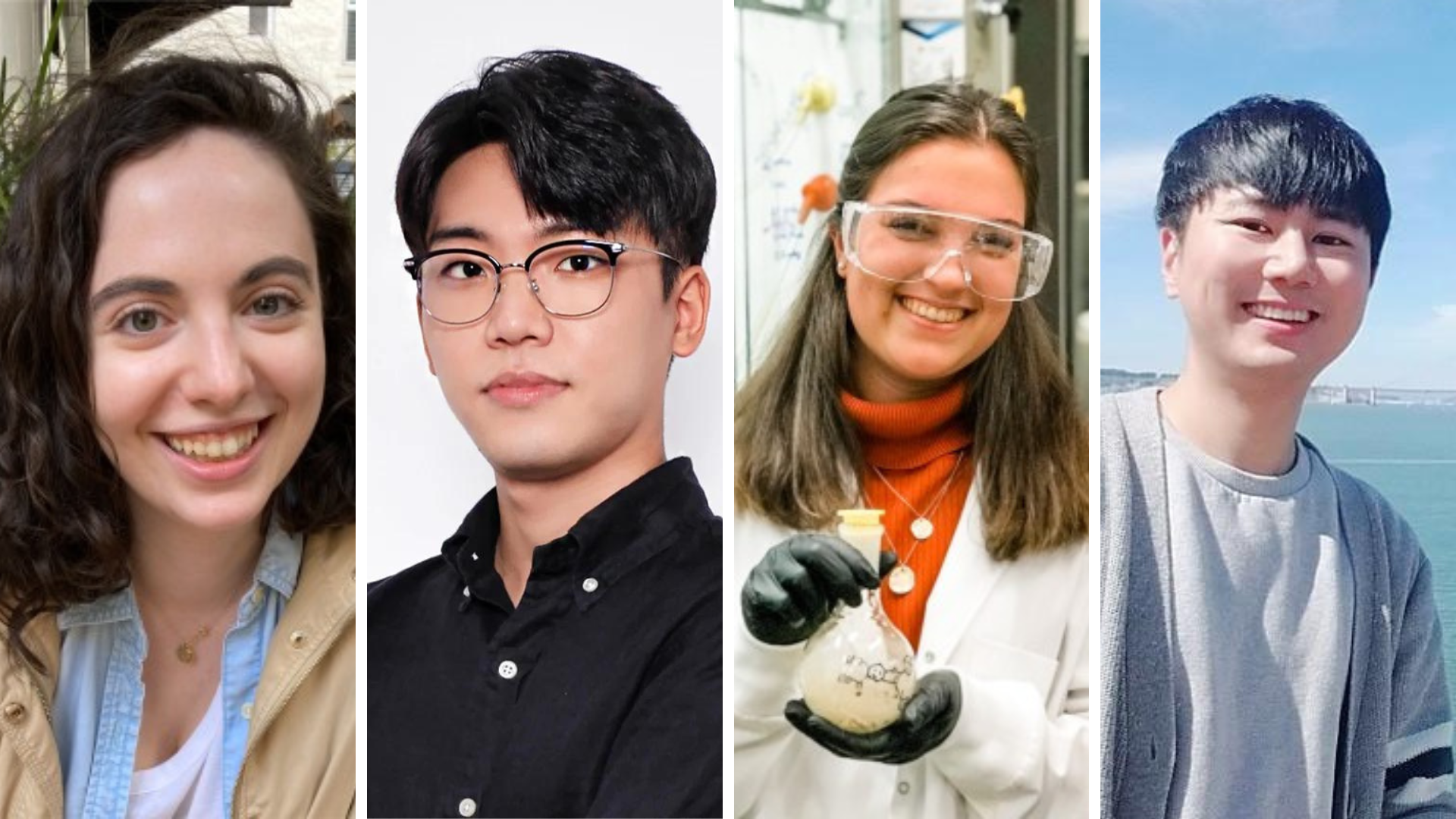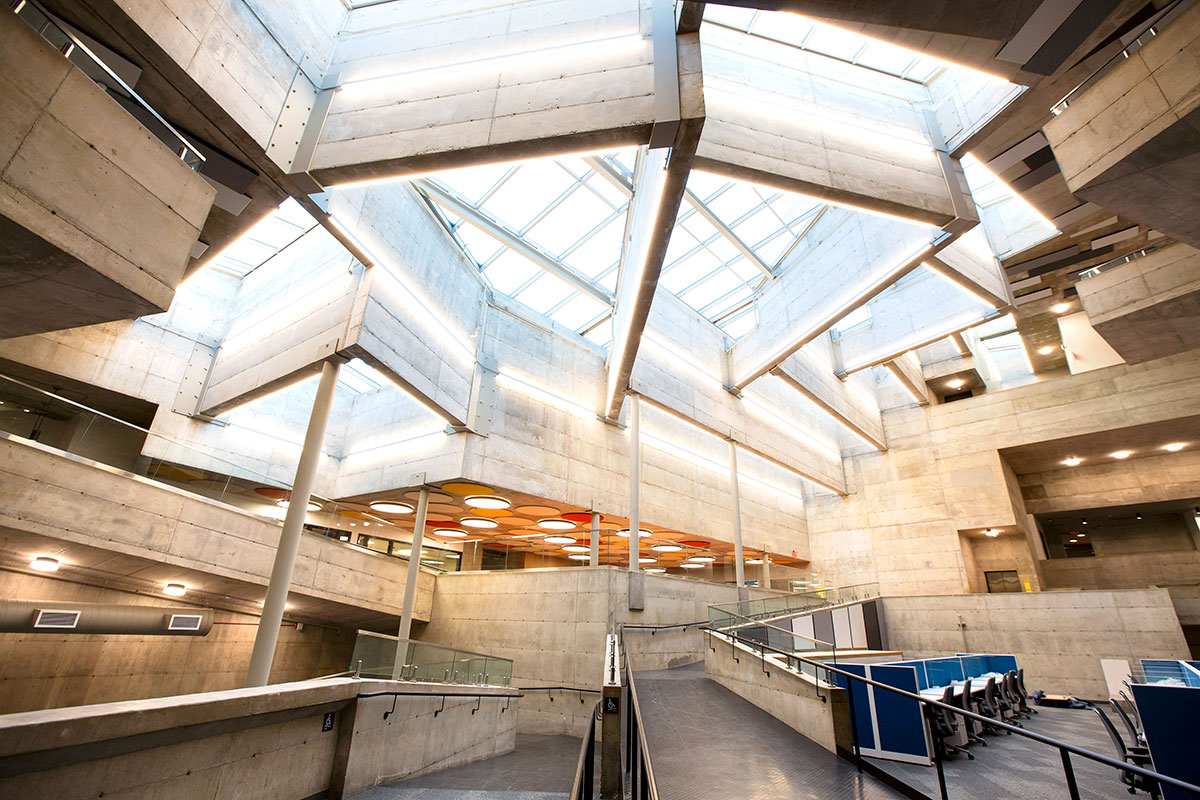Ting Xu: Stories from 10 Years of the Bakar Fellows Program
By: Niki Borghei
From the Bakar Fellows Program’s 10th anniversary series
Cutting-edge research is not just something our Bakar Fellows are passionate about. It’s a necessity for people and the planet. Dr. Ting Xu, Professor of Chemistry and Materials Science and Engineering, is targeting a problem that is putting environmental safety and habitability at risk: plastics.
“Although plastics are attractive, they are lethal to our vulnerable ecosystem. Even so-called biodegradable plastics degrade slowly, and the resulting small particles can be more harmful than the intact material,” she stated in her project description. As a solution, she and her team developed enzyme-embedded polymers to realize compostable plastics. Her project aims to synergize nature with man-made materials so that we can achieve a harmonious coexistence with Mother Nature.
“It is very rewarding to see my students are taking the technology forward for commercialization. I would love to see these plastics used by everyone,” said Dr. Xu.
“I benefited quite a bit when preparing the application and presentation. Naturally, I thought about potential questions from review panelists. The process was quite important in my case as I took the time to think about where we would like to go and dug down in areas beyond technical ones. The process turned out to be more valuable than just winning the Fellowship and Bakar Prize. It had a long lasting impact, particularly in terms of how I position our scientific explorations in a broad spectrum of technological needs and social implications.”
This project was recently selected as the winner of the Falling Walls Science Breakthrough of 2022, demonstrating the commitment of our Bakar Fellows to create solutions that go above and beyond.
She appreciates the Bakar Fellows Program for helping her and her colleagues advance their research to its highest potential, stating that it “strives to provide fertile ground to nourish scientists and engineers.”





